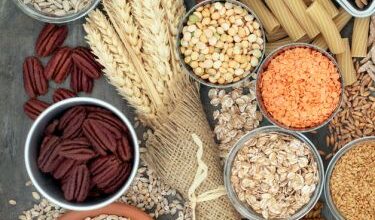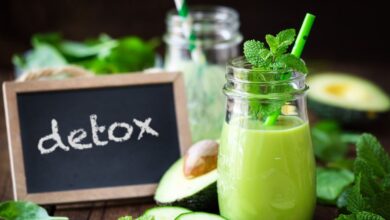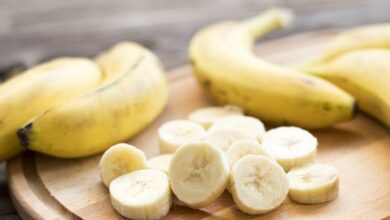Dietary Regimen After Appendix Removal

Appendicitis, or inflammation of the appendix, is the most common abdominal condition requiring emergency surgery. Unlike the gallbladder, the appendix does not play a crucial role in digestion, so there is usually no need for permanent dietary changes after appendectomy. However, certain foods can positively impact the body after this procedure, while others should be avoided to limit abdominal pain and support digestion.
Starting with Liquids and Light Foods is Advisable
After any surgery, especially abdominal, it is best to start with fluids, followed by easily digestible and light foods, gradually transitioning to solid food. Such foods do not strain the gastrointestinal system and are easily tolerated, reducing the risk of nausea and vomiting. They contain proteins and calcium but lack many other nutrients, so they should not be consumed for an extended period.
Recommended liquid foods include:
- Broth: Clear broth is nutritious and easily tolerated by the body. It should be consumed in small sips, gradually increasing the quantity to avoid nausea or vomiting.
- Pumpkin: Rich in nutrients like beta-carotene, which converts to vitamin A, aiding in recovery. Pumpkin should be pureed or cooked appropriately for easy digestion. Other beta-carotene-rich foods like carrots and leafy green vegetables can also be consumed, provided they are soft and well-cooked.
- Yogurt: Low-fat yogurt is a suitable addition to the post-appendectomy diet. It is easily digestible and has good nutritional value. Start with a few spoonfuls initially and gradually increase the quantity. Low-sugar yogurt is preferable as it is easier to digest than regular yogurt and can be introduced early.
Foods that Aid Recovery
Several days after the operation, a return to a regular diet is possible. It is essential to incorporate foods from all major macronutrient groups—proteins, carbohydrates, and fats—playing crucial roles in the healing process.
- Proteins: Essential for collagen formation, which fills the gap left by the removed appendix. Sources include lean meats, poultry, fish, eggs, dairy, legumes, and plant-based protein sources.
- Carbohydrates: Excellent energy sources that contribute to vascular recovery. Carbohydrates can be obtained from fruits, vegetables, brown rice, and whole grains.
- Fats: Necessary for maintaining cell membrane integrity. Healthy fats from sources like olive oil, nuts, seeds, and avocado are recommended.
Boosting the Immune System
Vitamins and minerals are crucial for strengthening the immune system, aiding recovery and minimizing the risk of infection post-surgery. Foods rich in these nutrients can support the immune system.
Key vitamins and minerals:
- Zinc: Important for wound healing and immune function. Found abundantly in milk, seafood, nuts, beans, and whole grains.
- Vitamin A: Prevents infections and supports the integrity of respiratory and intestinal membranes. Abundant in leafy green vegetables and orange fruits like mangoes, sweet potatoes, and apricots.
- Vitamin C: Aids in antibody production to fight bacteria and viruses. Citrus fruits, strawberries, and bell peppers are excellent sources.
- Vitamin E: A potent antioxidant, protecting against damage from free radicals. Almonds, spinach, and sunflower seeds are rich in vitamin E.
Foods to Avoid After Appendix Removal
Certain foods and beverages should be avoided until recovery is well-established:
- Alcohol: Alcohol and alcoholic products should be avoided for several days post-surgery due to potential interactions with anesthesia medications.
- Fatty Foods: While a return to normal eating can occur a few days after surgery, it is advisable to limit fatty foods initially. Fried foods, full-fat cheese, cakes, chocolates, and other high-fat items should be avoided.
- Excessive Sugar: Foods and drinks with refined sugars, artificial sweeteners, etc., can cause inflammation and hinder the healing process.


